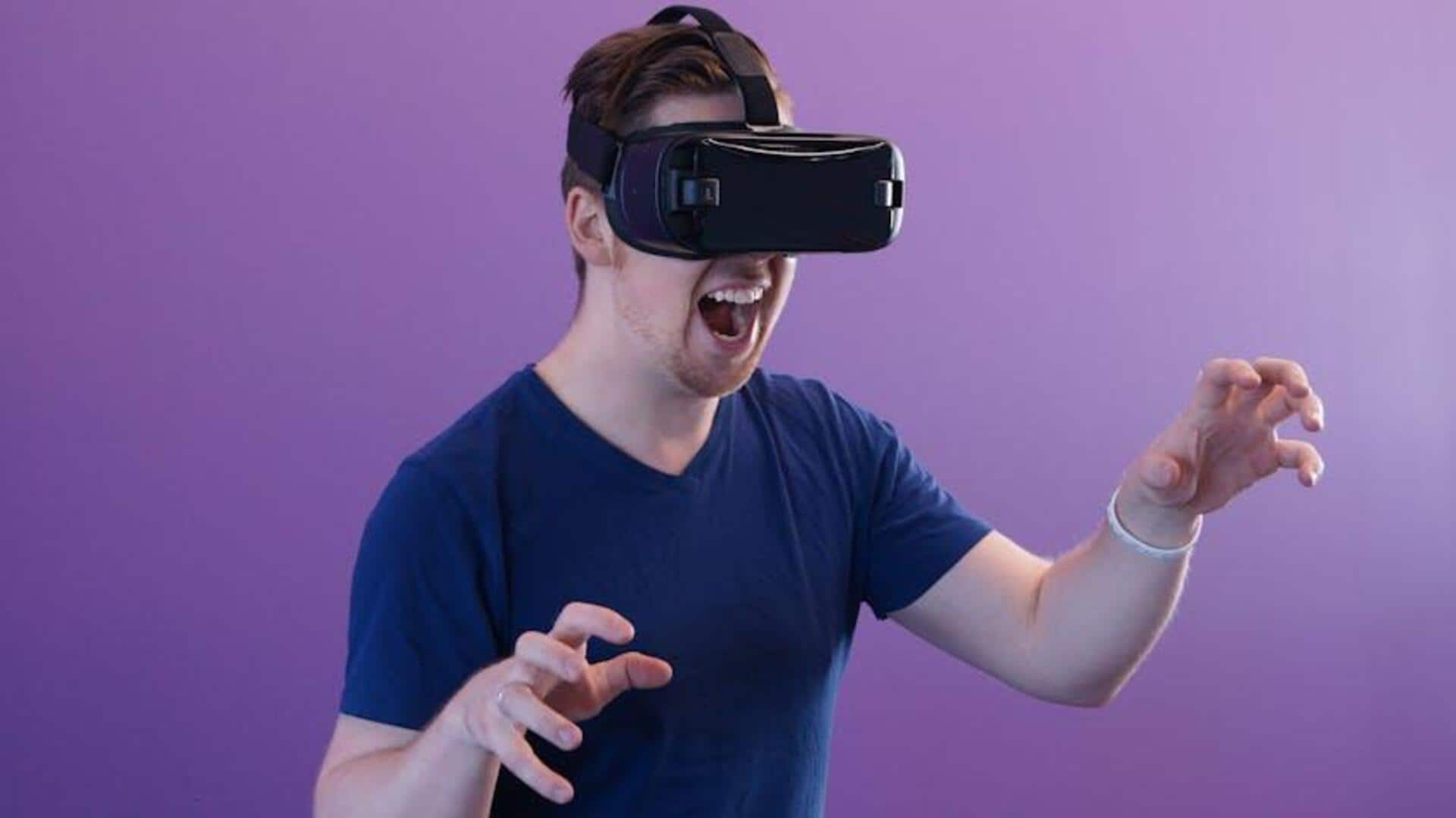
Improve your memory with these fun activities
What's the story
Spatial awareness activities can play a significant role in enhancing memory. These activities engage the brain in unique ways, helping to improve cognitive functions and memory retention. By incorporating spatial exercises into daily routines, individuals can experience noticeable improvements in their ability to remember information and navigate environments more effectively. Here are five practical methods that leverage spatial awareness to boost memory.
Puzzle solving
Engage in puzzle solving
Solving puzzles (like jigsaw puzzles, crosswords) can improve your spatial awareness and memory. These activities force the brain to visualize how pieces go together, which strengthens neural connections linked to spatial reasoning. Regularly engaging with puzzles challenges the mind, leading to better recall abilities and improving your overall cognitive health.
Mindful walking
Practice mindful walking
Mindful walking means paying close attention to surroundings as you walk through an environment. Not only does this practice enhance spatial awareness, but it also encourages people to notice details they might otherwise overlook. By focusing on the path, obstacles, and landmarks during walks, people can improve their ability to remember routes and locations.
Drawing or sketching
Try drawing or sketching
Drawing or sketching objects from observation demands keen attention to detail and spatial relationships between elements. This activity stimulates parts of the brain responsible for visual processing and memory retention. Regular practice ensures that you develop a sharper sense of space, which translates into improved memory skills.
Strategy games
Play strategy-based games
Strategy-based games like chess or board games require planning moves ahead while also accounting for spatial arrangements on the board. These games test players' strategic thinking while improving their ability to visualize potential outcomes based on current positions. Playing such games regularly can result in improved problem-solving skills and memory function.
Virtual reality
Explore virtual reality environments
Virtual reality (VR) environments provide immersive experiences that demand users to navigate spaces actively. By exploring VR worlds, people engage their brains in complex spatial tasks that replicate real-world navigation challenges. This exposure helps strengthen neural pathways associated with both short-term working memory and long-term recall abilities without leaving home comfort zones.